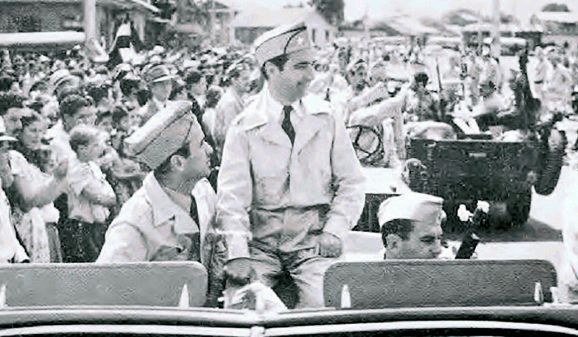The phenomena of political terrorism in Costa Rica (1948-1958)
DOI:
https://doi.org/10.15517/aciep.i16.309Keywords:
Postwar, Political violence, Explosives, Bombs, SabotageAbstract
This article explores the phenomenon of political terrorism in postwar Costa Rica (1948-1958) through an analysis of the press. To understand the circumstances that gave rise to this form of political violence, its main characteristics, and the government’s response, three key periods are examined: the Founding Junta of the Second Republic, the administration of Otilio Ulate Blanco, and the first constitutional government of José Figueres Ferrer. It is suggested that a sector of the opposition used terrorist actions as a tool aimed not so much at causing material and human damage, but rather at generating a psychological impact and conveying a political message: the existence of a group determined to challenge the established power.
Downloads

Downloads
Published
Issue
Section
License
Copyright (c) 2025 Alexia Ugalde Quesada (Autor/a)

This work is licensed under a Creative Commons Attribution-NonCommercial-NoDerivatives 4.0 International License.


